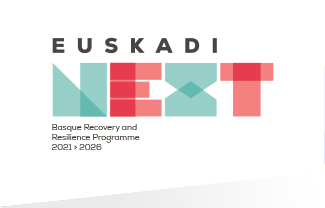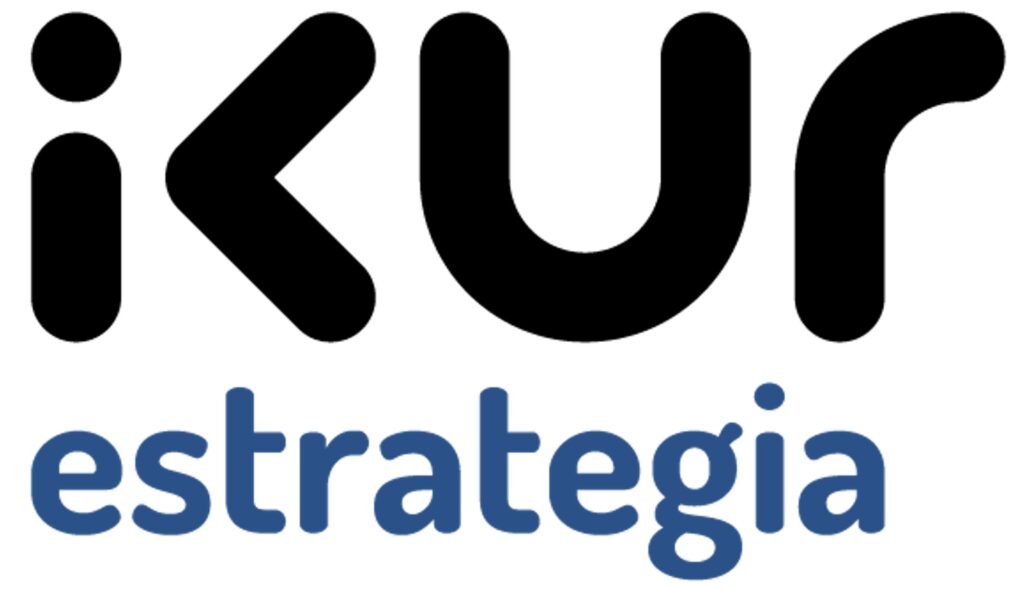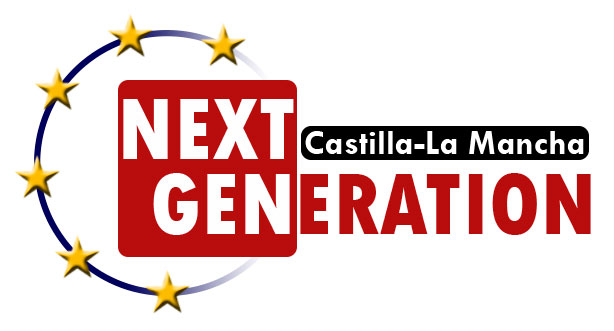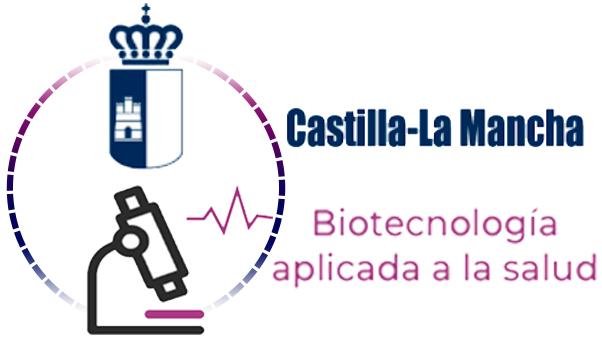
ACTION LINE 1
BREM platform for cryo-electron microscopy applied to personalized medicine.
This action line will establish key structural studies using cryo-electron microscopy (cryo-EM) to better understand the mechanisms by which mutations in target proteins become pathogenic, and improve the development and administration strategies of medicines for the personalized treatment of patients. With this in mind, the Basque Resource for Electron Microscopy will be launched, a high-tech platform for cryo-EM with disruptive and advanced instruments for structural biology applied to personalized medicine.
ACTION LINE 3
Platform for drug screening and analysis of drug-target interactions
This action line aims to identify new therapeutic targets, develop specialized and personalized drugs that maximize their therapeutic possibilities while minimizing adverse effects, and define new treatments for specific population groups. Identifying and characterizing therapeutic targets will enable recognition of molecule reutilization (drug repositioning). Therefore, it will be possible to develop and streamline new compounds likely to be used in precision medicine and to use existing drugs in other therapeutic indications.
To this end, a collaborative network for drug screening will be set up to support the early stages of discovery of new therapeutic molecules through comprehensive and innovative practices. Additionally, de novo compound design will be addressed to find new pharmacology properties to increase the low success rate of compounds in late-stage clinical trials.
ACTION LINE 5
Development of nanodrugs, distribution, toxicity and therapeutic actions on pathology models.
This action line aims to develop nanodrugs to cure pathologies that do not have successful treatments as well as biological models to replicate patient organs and tissues to provide study models. Therefore, the most promising nanoparticles studied in vitro during Action Line 3 will be characterized to investigate their live toxicity, distribution and actions, either direct per se or by releasing drugs or genetic material (siRNA, miRNA) on pathology models (organoids and animals) described in Action Line 4.
ACTION LINE 2
Establishment and analysis of databases in precision medicine.
Precision medicine is contingent on the study of large experimental databases that enable the pathophysiological characterization of the population.
The first objective of this action line is to establish databases from biofluid samples, non-disease-oriented cohort tissues[1] and cohort tissues oriented to specific diseases: COVID-19, metabolic diseases, cancer (for example, glioblastoma and prostate cancer), central nervous system diseases, cardiovascular diseases and reproductive system diseases. Like this, it will be possible to characterize the general population and complement disease-specific studies.
The second objective is to analyze genetic, epigenetic, metabolomic, proteomic and transcriptomic modifications of patient samples beyond the early identification of mutations and polymorphisms, such as massive single-cell analysis. Innovative integration, mining and data treatment solutions will be developed to analyze all this data. Developing this action line will allow the integration and contextualization of data thanks to technological advances provided by comprehensive omics analytical platforms (metabolomics, proteomics, fluxomics, microbiotics and genomics). It will also enable computing power and capacity to figure out the complexity of artificial intelligence, and the mechanical information of structural biology obtained by BREM to support the personalized identification of validated biomarkers.
ACTION LINE 4
Development of biological models to screen and study therapeutic molecular activity.
This action line aims to create organoids and animal models and validate those that are commercially available for those pathologies under study that will address with more scientific safety the development of molecules and a possible leap to commercial development. This project focuses on the study of various pathologies to better understand them by obtaining humanized biomodels, organs-on-a-chip, organoids, and their digital twins for precision medicine.
ACTION LINE 6
Techniques and processes for targeted and advanced therapy, surgical training and robot-assisted surgery.
This action line focuses on developing and rolling out advanced therapies and innovative strategies to treat several pathologies (cardiovascular, reproductive, cancer, autoimmune) through tissue engineering, biomaterial innovation and regenerative medicine in precision medicine treatments. 3D printing will be used to create training models for minimally invasive surgery. Innovative bioprinting processes will be developed, as well as, personalized and robot-deposition for surgical regenerative implants. All this will be combined with the latest advances in digital and immersive technologies (AI, IoT, VAR, etc.) to develop new training and assistance tools to drive the future of medical training and remote learning.
Likewise, the necessary tools will be made available to the research community to produce under good manufacturing practices (GMP) viral particles for use in ex-vivo cell modification.












